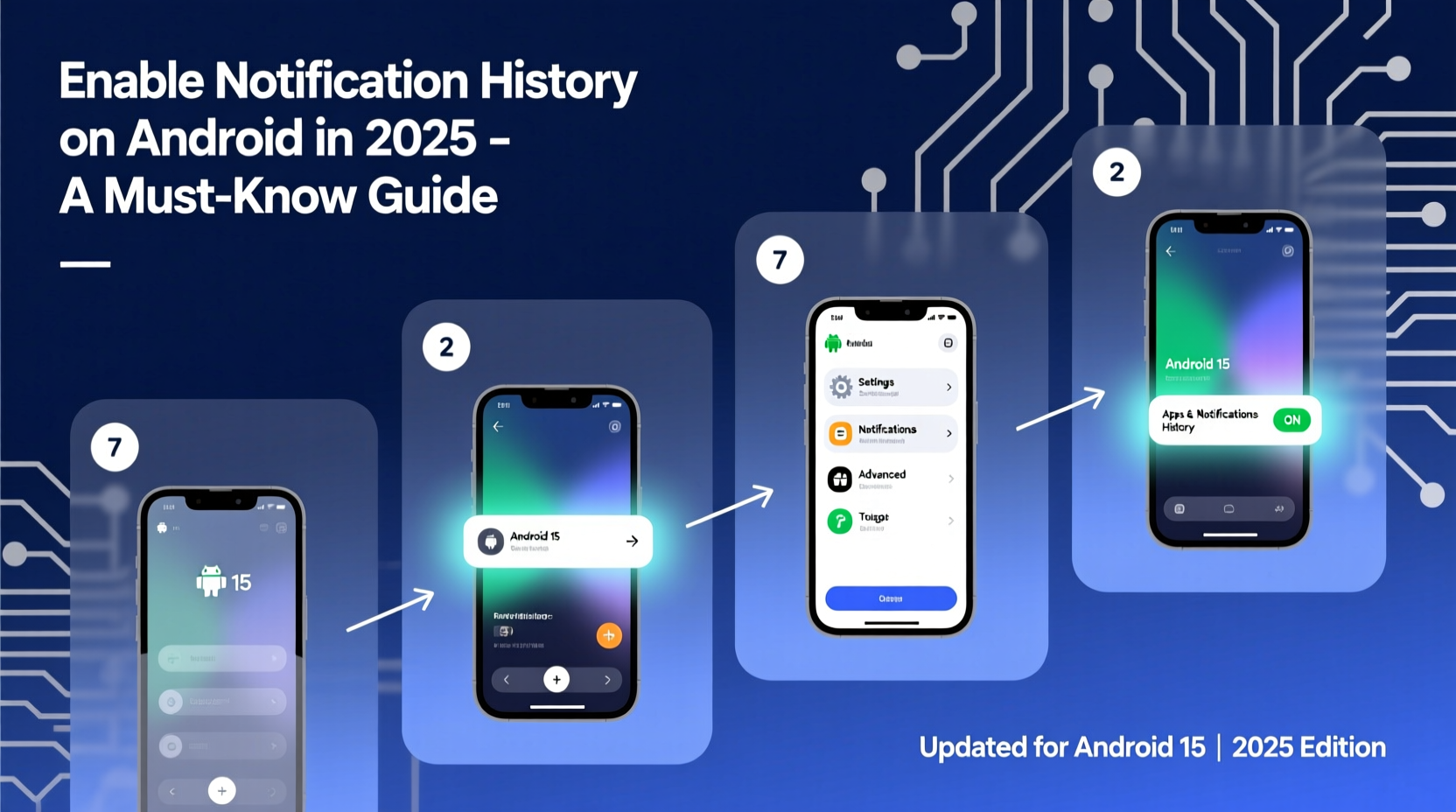Mastering Android Notification History: A Comprehensive Guide
Notifications are an essential part of the mobile experience. They keep us updated with the latest happenings, messages, and alerts throughout our day. But have you ever accidentally swiped away an important notification, or ignored one only to realize later that it was crucial? This common issue has led many users, myself included, to miss out on vital communications, breaking news, and significant updates over the years.
Thankfully, Google has integrated a feature that can help Android users retrieve their notification history easily. Depending on the Android version running on your device, you have different ways to access this feature. This guide will walk you through the steps of enabling and accessing your notification history, applicable to Android versions 11 through 15. Although the demonstration here uses Android 14, the steps are quite similar across these versions.
How to Enable Notification History
Step 1: Open Settings
First, pull down the notification shade twice from the top of your screen. This action will reveal quick tiles. Tap the gear icon under this section to open your phone’s settings. This is your gateway to managing and customizing your device.
Step 2: Navigate to Notifications
Within the settings menu, tap on Notifications to enter the notification settings. Depending on your device, you may also need to click on Advanced settings within this menu to proceed further.

Step 3: Enable Notification History
Once you are in the notification settings, tap on Notification history. Here you will find an option labeled Use notification history. Tap the on/off slider next to this option to activate it. Initially, you will not see any entries listed since the feature has just been enabled. However, as you begin to receive new notifications, they will be recorded from this point onward.

How to Access the Notification History
Now that you have enabled the notification history feature, there are several ways you can access your notification history.
Method 1: From the Notification Shade
The easiest way to access your notification history is by pulling down the notification shade once. Scroll to the bottom of your notifications, and you should see a History button. If this button is visible, tap it to view the past 24 hours of notifications. Each notification entry will give you a detailed look and tapping on any of them will either open the app that sent the notification or bring you to the app’s settings page.


Method 2: From the Settings Menu
If the History button is not visible in your notification shade, don’t worry. You can still access it through the settings menu. Navigate back to Settings > Notifications. Here, under the Notification history section where you initially enabled the feature, you will see your recent notifications listed.
Method 3: Using Quick Settings
For a quicker access method, you can also add a shortcut to your notification settings in quick settings. Pull down your notification shade, edit the quick tiles, and add the Notifications settings tile for easy access anytime you need to review your notification history.
Understanding the Limits of Notification History
One important thing to note is that Android only retains the past 24 hours of notifications. This limitation is necessary to prevent your device from getting bogged down by excessive locally stored data, which can slow down your phone and lead to performance issues.
While there used to be third-party apps available on the Google Play Store to extend this capability, most of them are either no longer available, no longer reliable, or cost-prohibitive for many users.
Frequently Asked Questions
Below are some common questions about Android notification history:
| Question | Answer |
|---|---|
| Is there a way to see all your past Android notifications? | No, Android only keeps notifications for the past 24 hours to avoid clogging up your phone's local storage. |
| Are there third-party apps for managing notification history? | Most third-party apps that used to offer this feature are now either unavailable, unreliable, or cost-prohibitive. |
For more insights and tips on managing your Android device:
- How to turn on Private DNS Mode on Android (and why you should)
- How to schedule a text on Android - quickly and easily
- How to create Android Routines (and a few of my favorites to get you started)
- How to screen calls on your Android phone and stop the spam deluge
- How to mirror your Android phone to a TV -- 3 easy ways
- Android’s eSIM transfer comes to more smartphones. Here’s how it works











 浙公网安备
33010002000092号
浙公网安备
33010002000092号 浙B2-20120091-4
浙B2-20120091-4